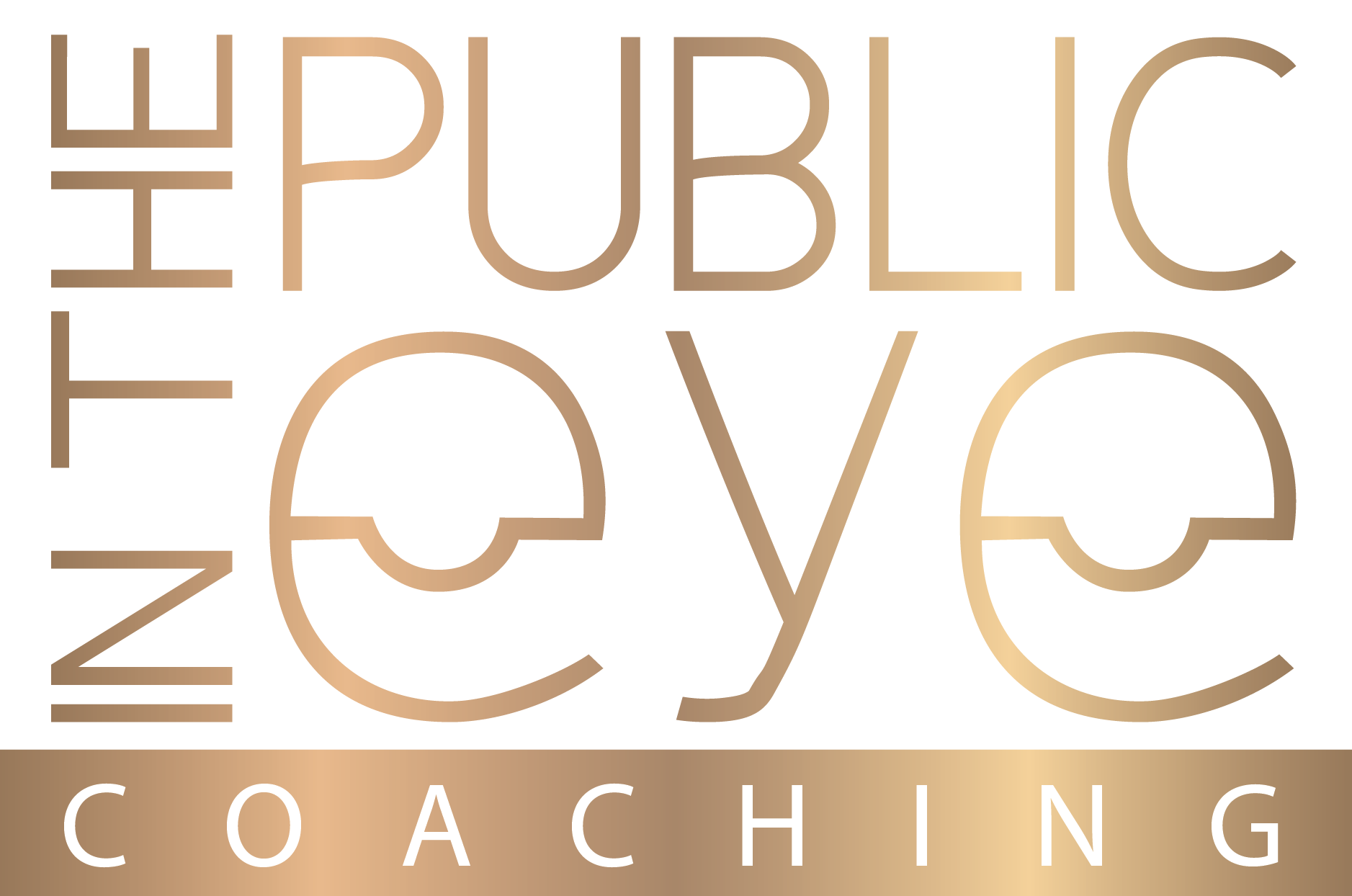Fear of Public Speaking Is Universal
Even the upper echelons of the corporate world, from CEOs to senior managers, often grapple with a common public speaking fear: "The audience will see right through me. They'll pick apart my research, doubt my authority, critique my attire, and scoff at my communication skills." Such thoughts paralyze them, despite their stellar resumes and numerous triumphs, especially when they're under the spotlight, be it at a board meeting, a staff gathering, or a TED Talk.
In my experience, 90% of these fears are baseless. The clients I've worked with are established leaders in their fields, backed by impeccable research and exceptional communication skills, honed at the nation's top universities. The real adversary they face is their own inner critic.
I've previously addressed how our inner critic, often a wounded child, can be our harshest judge. This critic is born from incidents of self-doubt, typically between the ages of 8 and 15. It might stem from a casual comment from a parent, a hurtful remark from a family member, or simply a lack of affirmation of your worth. This critic incites fear, making us vulnerable and self-conscious when we are in the public eye.
Imposter syndrome, defined by Wikipedia as the persistent internalized fear of being exposed as a fraud, is a common symptom of this inner critic's torment. However, irrespective of how decorated your resume is, if you don't tame this critical voice, you'll never truly be comfortable with yourself.
Recognize this: your audience is here for your insights, not your attire. Their interest lies in your intellectual prowess, not your physical presence. Be fully immersed in your subject matter, committed to delivering your message with the sole aim of enriching your audience. Forget about self-consciousness on stage or in a meeting. You're not the focus, your knowledge is. So, exude a calm confidence, revel in the grandeur of wisdom, and let your message take center stage.
Being yourself should bring peace, not anxiety. Standing on a stage should feel empowering, not petrifying. The fear of public speaking has even led some clients to me after their employers threatened termination if they continued to avoid this crucial aspect of their roles.
It's time to reassure your wounded inner child, "I've got this under control." It's crucial to silence the echoes of past experiences that fuel your inner critic. The family member who belittled your potential was wrong. Your mother's advice to "know your place" was meant for a younger you. And the negative voices from teachers, bullies, friends, spouses, and bosses were misguided. You are only an impostor if you believe you are.
